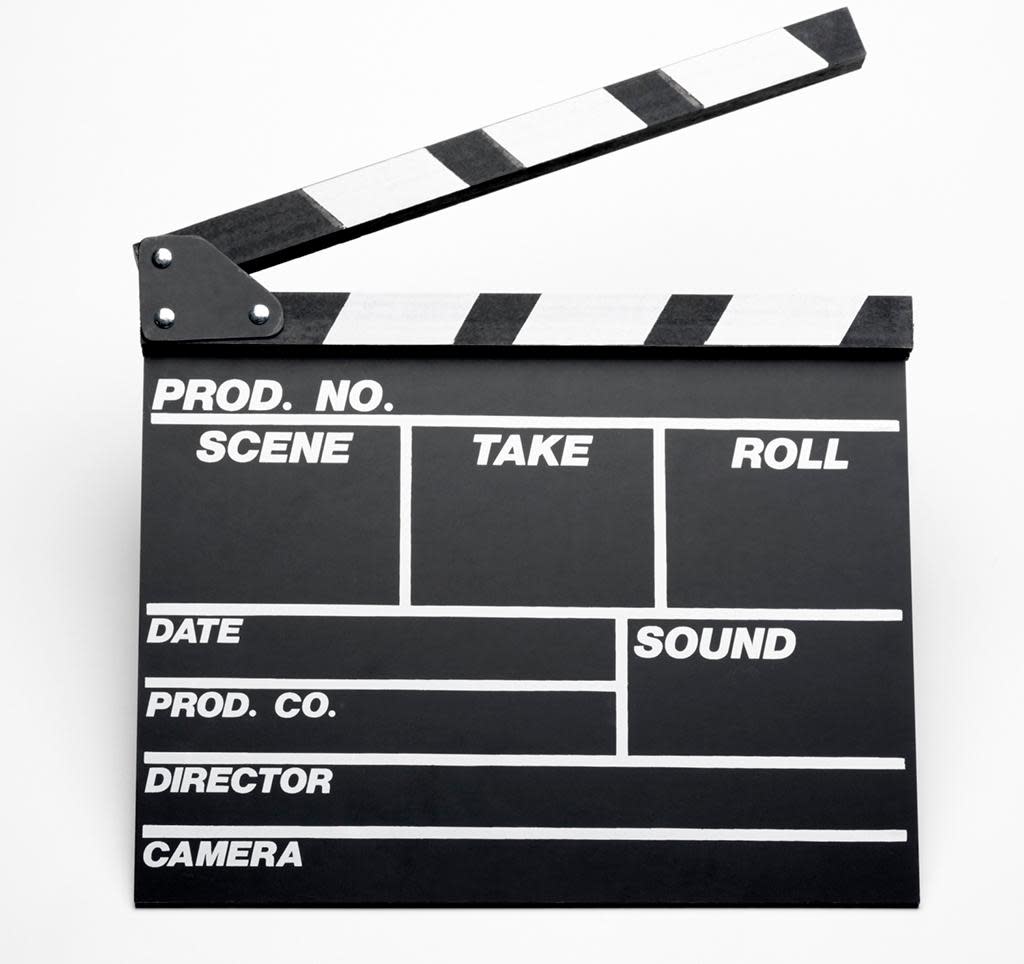Female Film Directors Share Stories of Hollywood Sexism in Anonymous Blog

“Smile more! The crew needs you to see you smile!” “I know this will make you mad but I prefer to talk to your husband.” “I can always tell when a film has been directed by a woman.” These are just a few of the comments that female directors have heard over the course of a day on set, all of them submitted anonymously to the blog “S–t People Say to Women Directors (& Other Women in Film).” The new Tumblr was created last week to air the war stories of film industry professionals who have experienced sexism on the job. And some of those stories will make your head spin.
One director writes about an experience she had working on a documentary about glaciers (which she also produced). While she was interviewing a scientist on top of a glacier, her director of photography refused to follow her instructions for framing the shot, saying that her male boss wouldn’t like it that way. “I can land the job, the interviews, and get him to the top of the glacier, but he still thought I didn’t know s–t,” writes the director.
Another director had just finished shooting a television pilot when she learned that her line producer had been referring to her as “that c–t” and “that b—h” to everyone on set, and had vandalized a Christmas poster on the wall so that it read “(Director’s Name) is The Nutcracker.” “That show went on to be a hit for the network and ran six years,” she writes, “so the joke’s on him,”
Several directors share anecdotes about being mistaken for actresses, secretaries or PAs on set. Others reveal that they were passed over for jobs because a producer said something like, “She’s good but I only want to hire someone I can have beers with at the end of the day.” Or, “I can’t work with someone I want to f–k. It messes with my head.” Or, “How would I tell the crew they would be taking orders from a woman?” Many women talk about being sexualized for no reason: A big agent implying that a successful director slept her way to the top, a financier asking a documentary filmmaker about her sex life in the middle of a pitch, a producer telling a room full of female designers, “You need a pole in here.”
The site’s bloggers, who refer to themselves as Anonymous Women in Film, have added funny GIFs to many of the quotes, which helps them go down a little easier. But their purpose is a serious one.
“We started SPSTWD last week and overnight, we received a year’s worth of submissions. That speaks volumes about how badly women want to unburden themselves from these experiences,” the bloggers said in a statement to Yahoo Movies. “In many cases, it’s the first time the contributors have ever told anyone about it. And they feel an enormous sense of relief and encouragement knowing they aren’t alone.”
Because the blog is anonymous, the authors maintain that women feel safer sharing their stories than they otherwise would. “For women, silence is a survival tactic in this industry,” they say. “There is great fear of retaliation, of being labeled ‘difficult’ or ‘overly sensitive’ or god forbid a ‘feminist.’ Speaking out is the first step toward progressive change.”
Reading through SPSTWD, it’s clear that the film industry is a different world for women than it is for men. It’s unlikely, for example, that a male director would ever be called “too bossy” or be accused of “emasculating” the actors. Men who direct action movies aren’t usually questioned about their ability to direct action, and men who make horror movies aren’t generally asked if they like the genre because they were sexually abused. Furthermore, men are rarely asked how they manage to balance work and home life as part of routine interviews. (One woman writes that she was asked by a film festival director, “How do you feel about not being there for your daughter, you know as a mother, when you are working on a film?” Her husband, also a director, was standing next to her.)
“It is our hope that in sharing our stories, we can shed light on a pervasive problem in the film and entertainment business and encourage positive change,” the bloggers say in their statement. And many of the blog’s participants, in spite of their horror stories, seem to share that optimism. “My hope has always been that I help by making great work which therefore exists and cannot be denied,” writes one high-profile director, “and then the next generation doesn’t get taught the sexism in the first place.”
